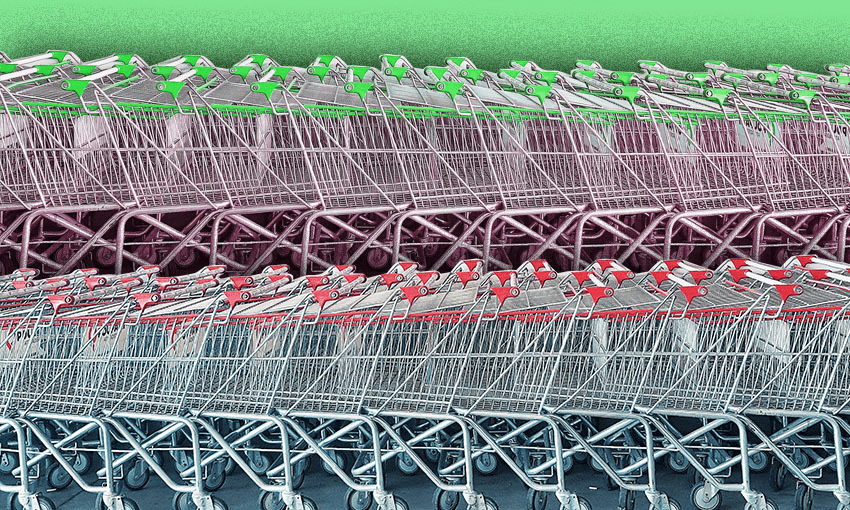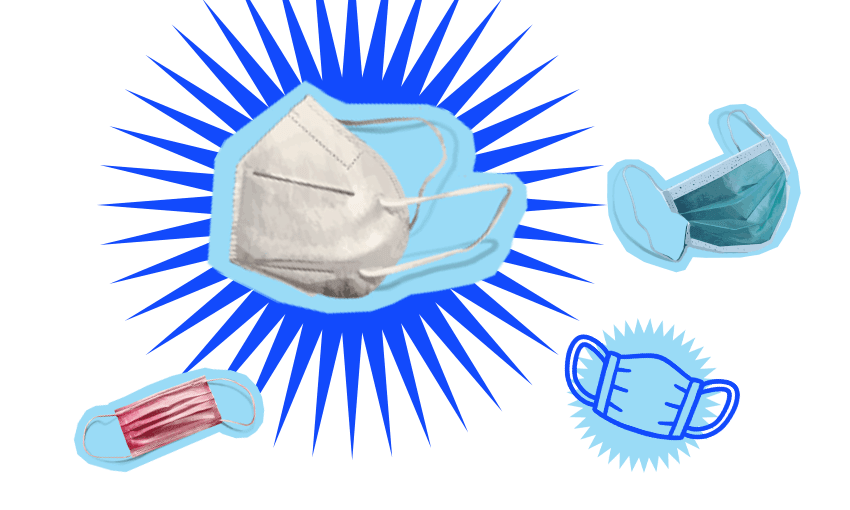The number of Covid-19 cases being reported each day has risen back above 2,000, the Ministry of Health has confirmed.
There were about 2,029 cases a day in the week ending April 16, with 14,242 infections reported overall. That’s about 2,000 more than were reported across the week prior.
There were also 363 people in hospital with Covid-19 and nine in the intensive care unit.
About three deaths a day were linked to Covid-19, with the overall death toll bumped up by 32 over the past week. Of those, 21 can be definitively attributed to the virus.
The surge in cases came as experts warn of a fourth wave of Covid-19 cases. Epidemiologist Michael Baker said case numbers have been steadily increasing and encouraged people to wear masks on public transport and in other poorly ventilated areas.
Mandatory self-isolation for positive Covid cases will remain the rules until at least June.



